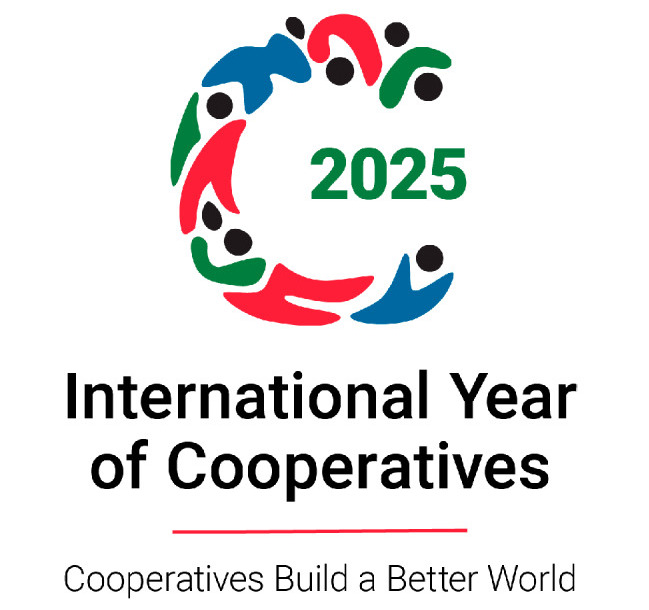What Are Earthquakes?
An earthquake is the sudden shaking or trembling of the ground caused by the movement of tectonic plates beneath the Earth's surface. These movements are triggered by the release of energy in the Earth's crust, usually along faults or fractures. Earthquakes can range in intensity from minor tremors to severe quakes capable of causing widespread destruction.
-
Earthquakes in Goa:
Goa is located in a region considered low to moderate in seismic risk, classified under Seismic Zone III (moderate risk). While large-scale earthquakes are rare in Goa, it is not entirely immune to tremors due to its proximity to tectonic plate boundaries. Some of these tremors may originate from seismic activity in neighbouring states like Maharashtra or the Western Ghats region.
Dangers of Earthquakes
The dangers posed by earthquakes depend on their magnitude, duration, and proximity to populated areas. Common dangers include:
Structural Damage:
Buildings, roads, and bridges may collapse.
Injuries or Loss of Life:
Falling debris, fires, or landslides can harm people.
Landslides and Liquefaction:
In areas with loose soil, the ground may shift or sink.
Tsunamis:
Coastal areas might experience large ocean waves if the earthquake occurs underwater.
Infrastructure Disruptions:
Water, electricity, and communication systems may be damaged.
Know Your Risk
Check if your area falls under a seismic zone and assess the vulnerability of your home or workplace.
Consult local authorities or geological departments to understand the risks specific to your region.
Evaluate the structural integrity of buildings, especially in older constructions.
Earthquakes Alerts and Warnings
-
Use mobile apps or services that provide real-time earthquake alerts, such as:
-
Indian Meteorological Department (IMD)
-
National Disaster Management Authority (NDMA)
-
Global apps like ShakeAlert or Earthquake Network.
-
Tune into local radio or television for updates after an earthquake.
-
Use mobile apps or services that provide real-time earthquake alerts, such as:
-
Indian Meteorological Department (IMD)
-
National Disaster Management Authority (NDMA)
-
Global apps like ShakeAlert or Earthquake Network.
-
Tune into local radio or television for updates after an earthquake.
- How to Stay Informed:
Weather and Geology Apps: Install earthquake monitoring apps.
Social media and News: Follow verified government channels for updates.
Community Networks: Join local disaster preparedness groups.
Government Services: Sign up for SMS or email notifications from disaster management agencies.
Dos and Don’ts During a Grass Fire
-
Dos:
-
Drop, Cover, and Hold On:
-
Drop to the ground, take cover under a sturdy table, and hold on until the shaking stops.
-
Stay indoors if you’re inside and move to a safe place away from windows and heavy objects.
-
If outdoors, move to an open space, away from buildings, power lines, and trees.
-
Have an emergency kit ready, including water, food, first aid, flashlight, and batteries.
-
Follow instructions from authorities after the quake and prepare for aftershocks.
-
Don’ts:
-
Do not run outside during the shaking; falling debris could injure you.
-
Avoid using elevators during or immediately after an earthquake.
-
Stay away from damaged buildings and avoid entering until authorities declare them safe.
-
Do not spread misinformation; rely on trusted sources for updates.
-
Avoid lighting candles if gas lines may have been damaged to prevent fires.
-
Staying prepared and informed is key to minimizing the dangers associated with earthquakes. Let me know if you need help with a specific plan or more details!
- Conclusion:
Grass fires can be devastating, especially in dry areas like Goa, where the combination of high temperatures, dry vegetation, and human activity can create ideal conditions for fire outbreaks. Understanding the risks, staying informed about weather patterns, and following safety protocols can help you prepare and protect yourself from grass fires. By staying vigilant and being proactive, you can reduce your risk and ensure the safety of your family and community.
Contact Us
📧 Email: dir[hyphen]fire[dot]goa[at]nic.in
(+91) 7391047132 101 / 112
2225500 / 2423101 / 2425101 / 2455400




